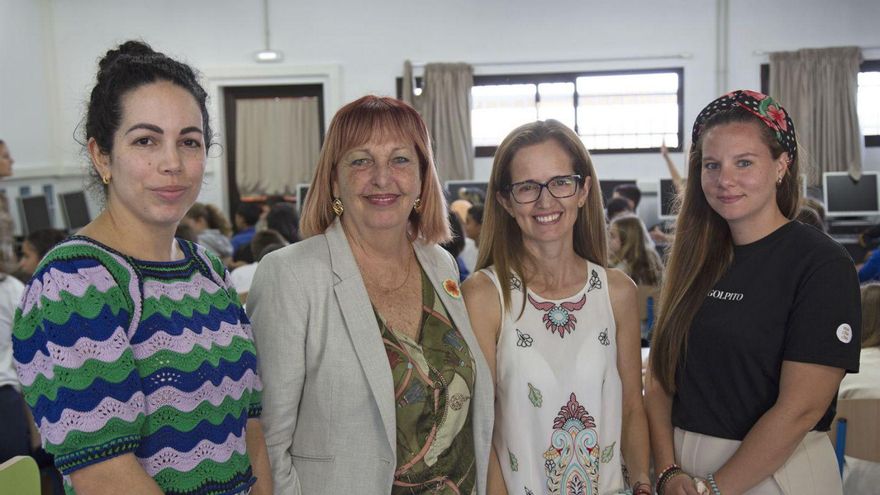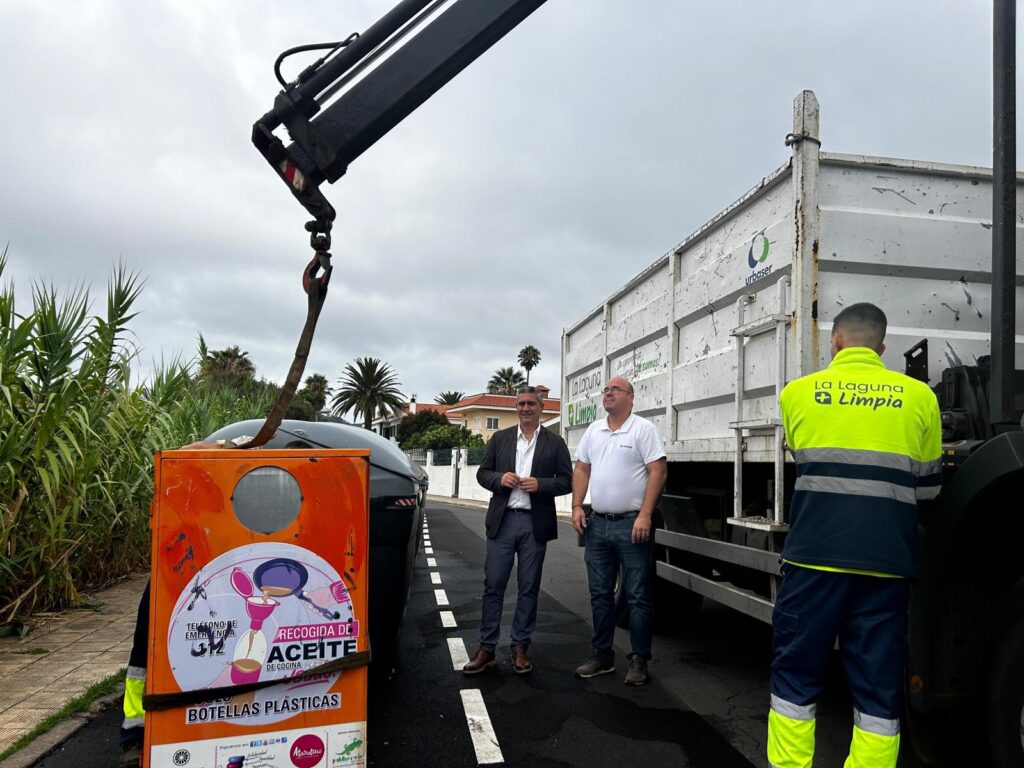
The Adeje City Council, through the area of Health and Quality of Life, and the Neotropic Foundation carry out the Intruders project, with which they intend to make the educational community of Adeje aware of the danger it poses, for the Canary Islands, the feral growth of foreign species in the Islands from the exotic pet trade and the illegal trafficking of species of fauna and flora.
The initiative, coordinated in turn with the Department of Education, is aimed at students and teachers of the Third Cycle of Primary Education (5th and 6th) of the public Early Childhood and Primary Education Centers (CEIP) of the municipality. The objective, insist the councilors Amada Trujillo (Health) and María Clavijo (Education), is to value the native flora and fauna, which is being affected by invasive species.
Invasive Alien Species (IAS) are the second leading cause of biodiversity loss worldwide. They are responsible for damage to native flora and fauna, crops and infrastructure. Some even pose a threat to public health, historical heritage and economic activities, point out the Neotropic Foundation, an entity that also indicates that specimens of more than 1,500 different species of foreign flora and fauna have been found freely in the Canary Islands in the last years. About 200 can be considered invasive.
That is why the Adeje City Council, hand in hand with the foundation based in Big Ravine (Santa Cruz de Tenerife), is developing the Intruders project, which is made up of three activities in which individual development and the acquisition of environmental values by students will be favored.
The first workshop will be oriented towards exotic species, will take place in the classroom and will include personnel from the Neotropic Foundation. Throughout the activity, students will learn to differentiate between native and exotic species. They will also be shown some of the negative effects caused by the presence of these species in the natural environment of the Canary Islands.
The second activity will be a virtual visit to an urban park, where students will be taught to identify species of fauna found in our environment, both native and foreign. In this workshop they will learn, first-hand, the value of the Natural Heritage of the Canary Islands and they will learn to classify the different species found.
The last activity will be a virtual visit to the Neotropic Foundation, where the students will learn, live and direct, the rescued fauna species that are guarded in the Fauna Recovery Center.
The Neotropic Foundation is the only exotic fauna center in the Canary Islands with a certified biosafety level 3 quarantine, issued by TDI, an entity accredited by the ENAC. In addition to its informative and research work, the foundation acts as a “sanctuary” where they collect animals mainly from illegal trafficking (seized by the authorities), whose possession is prohibited, and exotic animals (which are considered invasive species). that were abandoned by individuals. Its facilities house birds, monkeys, foxes and all kinds of reptiles.
It is an enclosure that also has the proper authorization from the Canary Islands Government which recognizes it as a deposit center for specimens of taxa included in Royal Decree 630/2013 of August 2, which regulates the Spanish Catalog of Invasive Alien Species.















